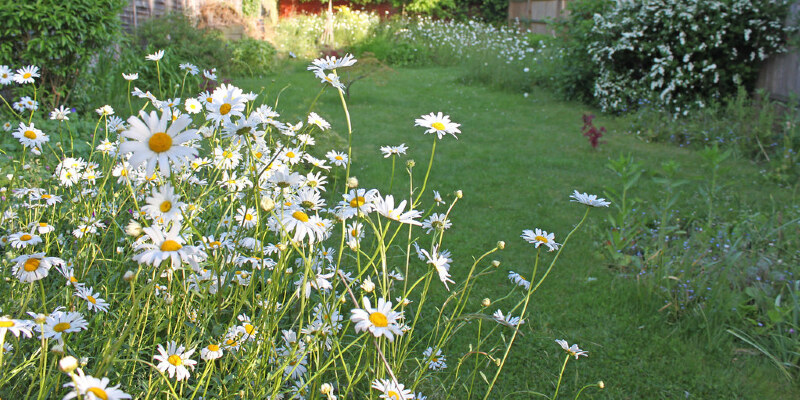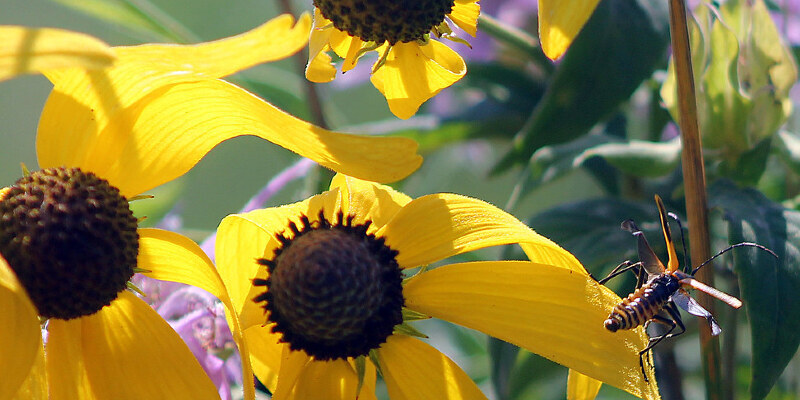Although you probably think of these as nuts, almonds are actually a type of stone fruit. They climb in U.S. Department of Agriculture plant hardiness zones 5 through 8, however, need specific environmental conditions to fruit successfully. These trees are susceptible to spring frost, need wet soils, and blossom just in cold, rainy weather. California is the largest almond producer in the U.S., with most almonds implanted in the Central Valley and drier regions of the coast. Most orchard almond trees have been propagated through grafting, but you can also germinate almonds at home for intake or later planting.
Conventional Germination and Planting
You are able to germinate almonds for planting only by soaking and planting them. Because a number of those seeds may be infertile or become moldy, use more almonds than you intend to plant. Place a few almonds in their shells in water overnight. In the morning, remove the seeds in the water and gently crack the shells using a nutcracker. Do not get rid of the shell: simply open the seed at the flux. Place the almonds on their sides in a little container of soil and place them in a sunny area indoors. Keep the soil damp at all times. Because almonds normally fall in the tree in autumn and sprout in spring, then it may take several months for sprouts to appear over the surface of the soil.
Effects of Stratification
You can speed up the typical sprouting time of the almonds by stratifying them to simulate winter conditions. This type of treatment also increases the proportion of successfully germinated seeds. To stratify the seed, soak it and place it in the refrigerator at 34 to 40 degrees Fahrenheit for one to two months. Keep the seeds damp at all times. The seeds should begin to germinate in a couple of days after planting. You may even “field-stratify” almond seeds by soaking them immediately and planting them outside in the ground in autumn. The seeds won’t grow until spring, however, the stratification process considerably increases the rate of germination.
Sprouting Almonds for Consumption
Like other seeds, almonds contain enzyme inhibitors, chemicals that help keep them inactive until growing conditions are correct. According to the International Primate Association, these substances can make almonds harder for people and primates to digest. Germinating almonds before consuming them decreases the degree of enzyme inhibitors present and produces the nuts easier to digest. This procedure necessitates an overnight soak, followed by rinsing and soaking again for approximately 24 hours. The almonds swell but do not sprout fully.
Seed Quality Considerations
You may germinate just raw, unroasted almonds. In the United States, all almonds must be pasteurized to decrease the threat of Salmonella contamination, like those labeled as “raw.” This procedure prevents the almonds from invading correctly. The only way to germinate almonds at home would be to acquire truly raw seeds in a farmer or somebody else that possesses an almond tree. Nuts purchased from shops will probably not sprout properly, should you intend to eat them or grow an almond tree.



